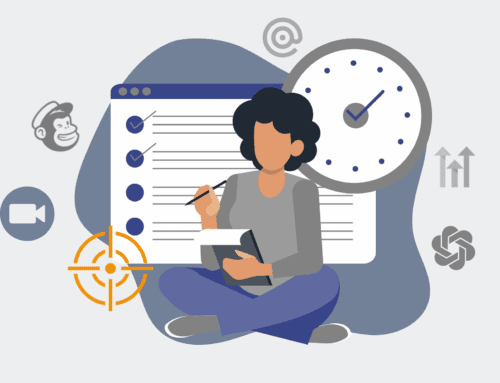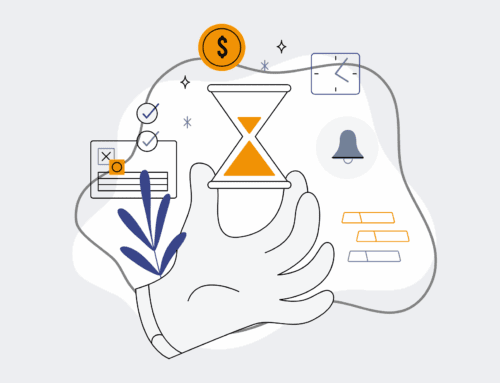Customizing Your AI Parser: Tailoring for Specific Industry Needs and Job Roles
In today’s fast-paced business environment, the promise of AI to streamline operations is undeniable. Yet, for many leaders, off-the-shelf AI solutions often fall short of delivering true transformative value. This is particularly true when it comes to data parsing. Generic AI parsers, while powerful in their broad capabilities, frequently miss the nuances critical to specific industries and specialized job functions, leaving businesses to grapple with incomplete data, costly manual interventions, and missed opportunities. At 4Spot Consulting, we understand that true efficiency comes from precision, which is why we champion the strategic customization of AI parsers.
The Inadequacy of One-Size-Fits-All AI Parsing
Imagine trying to analyze complex legal contracts, detailed medical reports, or highly specialized engineering specifications with a tool designed primarily for general text extraction. The outcome is predictable: crucial context is lost, industry-specific terminology is misinterpreted, and vital data points are overlooked. Generic AI parsers are built on vast, generalized datasets, making them excellent for common tasks but inherently ill-equipped for the deep, domain-specific understanding required in specialized fields. They lack the nuanced comprehension of jargon, acronyms, and document structures unique to, say, HR, legal, or supply chain management. This results not in automation, but in an additional layer of review, diminishing the very ROI AI is meant to deliver.
For instance, an HR department looking to parse resumes often finds generic tools struggle with varying formats, unique certifications, or implicit skills derived from project descriptions. A legal firm attempting to extract clauses from a new regulatory document will quickly discover that standard parsers can misinterpret the subtle but critical differences in legal phrasing. This isn’t a failing of AI itself, but rather a misalignment between a generalized tool and a highly specialized need.
Why Customization is the Catalyst for True Efficiency
The real power of AI parsing emerges when it is precisely tuned to your operational ecosystem. Customizing your AI parser means training it on datasets specific to your industry, your company’s unique documents, and the precise data points you need to extract. This strategic alignment allows the AI to learn the specific language, context, and structural patterns that truly matter to your business outcomes. Instead of merely identifying keywords, a customized parser understands the *meaning* and *relationship* of those keywords within your domain.
Consider the difference this makes. For an HR and recruiting firm, a customized parser can accurately identify specific project management methodologies, obscure software proficiencies, or even soft skills hinted at in a candidate’s experience section. For a legal practice, it can differentiate between types of liabilities, accurately classify contract clauses, or flag compliance risks with a precision no general tool can match. This isn’t just about faster processing; it’s about deeper insights, reduced error rates, and the ability to make data-driven decisions based on truly relevant, contextually rich information.
Tailoring for Specific Job Roles and Industry Needs
The customization journey extends beyond just industry; it delves into the specific needs of various job roles within your organization. A customized AI parser can be taught to extract data relevant to a recruiter’s need for specific skill sets, a finance manager’s need for contractual payment terms, or a compliance officer’s need for regulatory adherence points. The AI becomes an extension of the human expert, sifting through volumes of unstructured data to deliver actionable intelligence.
At 4Spot Consulting, our OpsMap™ diagnostic identifies these critical data points and the unique parsing requirements across your business. We then leverage platforms like Make.com to connect these tailored AI parsing capabilities with your existing CRM, HRIS, or operational systems. This integrated approach ensures that the extracted data doesn’t just sit in a silo; it flows seamlessly into your workflows, powering everything from automated candidate screening to proactive contract management and precise operational reporting. For example, we helped an HR tech client save over 150 hours per month by automating their resume intake and parsing process, enriching data with AI, and syncing it directly to Keap CRM. This transformation wasn’t possible with a generic parser; it required a strategic, customized build.
The strategic advantage lies in transforming unstructured text into structured, actionable data that fuels your decision-making and operational efficiency. It’s about moving from broad data recognition to granular, context-aware intelligence, empowering your teams to focus on high-value tasks instead of manual data entry and validation.
If you would like to read more, we recommend this article: Mastering AI-Powered HR: Strategic Automation & Human Potential








